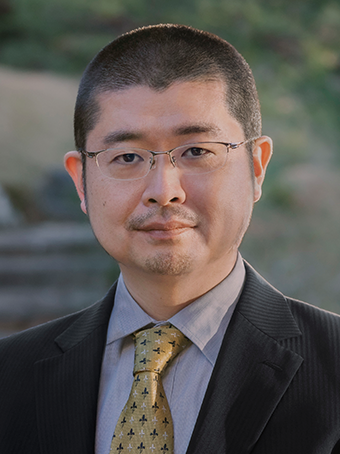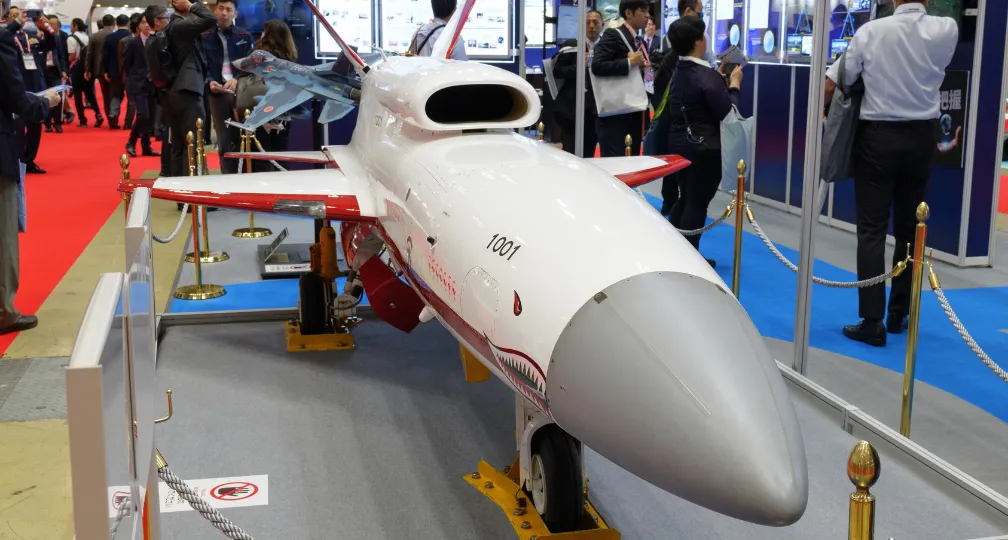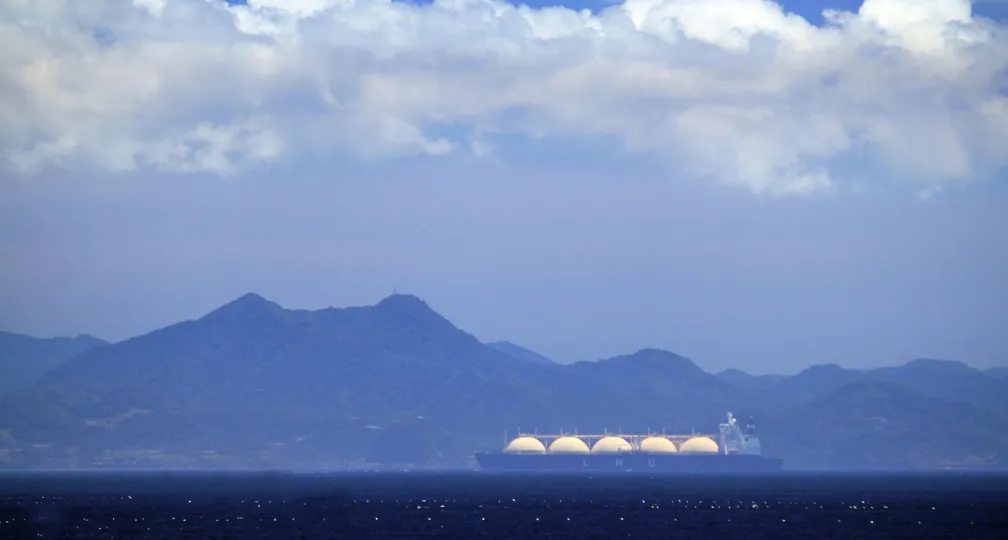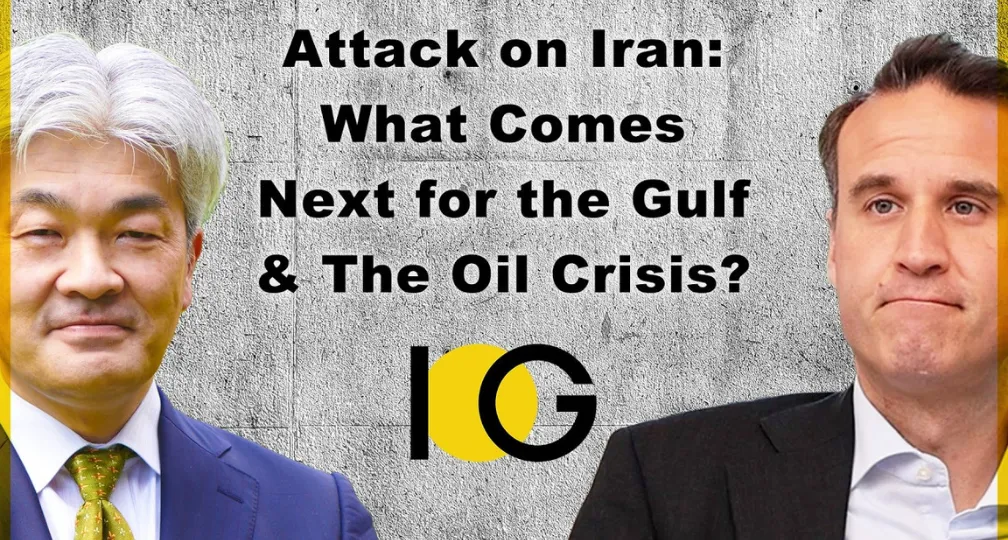Japan Inc. cautiously optimistic despite rising uncertainty

This is according to the Tokyo-based Institute of Geoeconomics’ 2024 Economic Security Survey – now in its fourth year – focused on understanding Japanese companies’ perceptions of the new administration in Washington.
Despite growing uncertainty surrounding the impact of Trumponomics, Japanese investors don’t necessarily want to retreat from the U.S. The percentage of companies planning to increase their sales in this market remained nearly unchanged, at 46.9%, compared to the previous year’s survey, while those aiming to maintain the status quo rose slightly to 15.6% — indicating that one in two firms remains committed to strengthening its American operations.
That said, the U.S. is seen as a “geopolitical risk” by over half (56.3%) of respondents compared to 42.7% in 2023, and Japanese companies are also reassessing their strategies and risk outlook in relation to the Chinese market.
Bracing for Trump 2.0
The Economic Security Survey was conducted between the autumn, immediately after the Nov. 5 U.S. presidential election, and February. The questionnaire was sent to 105 Japanese companies, including those surveyed in 2023 as well as new firms, and all data is based on the information shared by the 70 companies that responded to the questionnaire — almost 60% of which are in the manufacturing sector.
Compared with the previous survey in 2023, there was a notable increase in responses that noted “fluctuations in costs and sales due to U.S. regulatory tightening including tariffs.” This option has ranked first for four consecutive years, with an increasing share of companies expressing concern (57.8% in 2023 and 61.4% in 2024).
One notable shift was in preoccupations over the impact on sales, which jumped from 26.9% in 2023 to 47.1%, suggesting that tariffs and rising political uncertainty in the U.S. are becoming significant factors influencing business expectations.
Yet, given around half of Japanese firms’ intention to strengthen or maintain their presence in the U.S., one in four companies emphasized their desire to strengthen economic intelligence, including “establishing or expanding offices in Washington” in response to the current climate. Around half of respondents also stated their will to create dedicated economic security departments, marking a significant increase from the previous year.
Polarization over China
While a little less than a quarter of surveyed companies stated that they plan to maintain their medium- to long-term sales goals in China, those aiming to reduce their presence increased compared to 2023, from around 1% to 7%, as did companies planning to expand their business there.
These trends indicate a growing polarization among Japanese firms, some of whom are scaling back their commitment to China, while others are doubling down on it.
The reasons behind both of these trends are revealed in the survey results.
For those wanting to decrease their presence in the Chinese market, the top consideration remained “geopolitical risk,” reaching a record-high 94.8%. Notably, “China’s economic outlook,” a newly introduced survey option, ranked second at 87.9%, reflecting growing concerns over China’s economic slowdown, especially in the real estate sector.
The third-most cited concern was “China’s anti-espionage law, detention of Japanese nationals, and safety of local staff and their families.” This category rose in prominence, likely impacted by the stabbing of a Japanese schoolboy in Shenzhen in September.
Preparations for a potential Taiwan contingency, which had been the third-highest concern in 2023 at 76%, slipped to fourth place, while the proportion of companies that highlighted this issue remained high, at 82.8%, reflecting growing unease around geopolitical tensions in the region. In response, more firms have conducted simulation drills for the contingency, rising from 32.8% in 2023 to 46.6%.
On the other hand, those aiming to increase investment in China were motivated by growing competition from local rivals — a threat seen as significant by 75.9% of respondents compared to 66.7% in 2023. “Strengthening research and development” retained its position as the top priority to achieve competitiveness in this market, chosen by 48.3% of respondents, a slight increase from 2023, when it first claimed the No. 1 spot.
Among the newly introduced survey options, a little under one in four companies indicated “competition with Chinese firms expanding into Asia and ASEAN markets” as a major concern.
Diversifying supply chains
When asked about key destinations for supply chain diversification, the expansion of sales networks, relocation of production or investment adjustments, Japanese companies once again ranked Japan as the top choice for reshoring (76.6%), followed by the U.S. (57.8%) and India (43.8%), with no changes in this order from the previous year.
However, shifts were observed lower down in the ranking. Thailand (35.7%) and Vietnam (31.4%) overtook the European Union (27.1%, down from 37.5% in 2023), while China — seventh in this year’s survey, as in 2023 — was chosen by a declining share of companies (22.9%), tied with Indonesia.
One particularly striking contrast were the high expectations placed on “Quad” security dialogue countries (Japan, U.S., Australia, India) at 51.4%, the EU at 51.4% and the Global South at 52.9%, compared to notably lower expectations for the Comprehensive and Progressive Agreement for Trans-Pacific Partnership, at 25.7%, and World Trade Organization. This underscores a growing sense of disillusionment with the prospect of the U.S. once again embracing global free trade.
Japanese firms’ sector-to-sector expectations and anxiety show that the hike in energy prices ranks as the top concern, followed by support for strengthening manufacturing industries’ competitiveness. Next is support for the semiconductor industry, superseding that for achieving carbon neutrality — policies that are all vulnerable to the Trump administration’s vagaries and requiring close attention.
This year’s survey revealed two significant bifurcations among Japanese firms when facing geopolitical risks. The first is between companies who aim to expand businesses in the U.S. and those who wish to maintain operations in China. The second sets apart firms prepared to tackle geopolitical risks, including tariffs, by conducting contingency planning and economic intelligence, from those that are not: Forerunners strengthen their readiness to volatility while others tend to lag behind.
Regardless, the overall picture that emerges from the survey is that both the Japanese government and domestic companies need to gear up their economic security efforts to prepare for what lies ahead.
[Note] This article was posted to the Japan Times on May 2, 2025:
https://www.japantimes.co.jp/commentary/2025/05/02/japan/japan-economic-security-survey-2024/

Geoeconomic Briefing
Geoeconomic Briefing is a series featuring researchers at the IOG focused on Japan’s challenges in that field. It also provides analyses of the state of the world and trade risks, as well as technological and industrial structures (Editor-in-chief: Dr. Kazuto Suzuki, Director, Institute of Geoeconomics (IOG); Professor, The University of Tokyo).
Disclaimer: The opinions expressed in Geoeconomic Briefing do not necessarily reflect those of the International House of Japan, Asia Pacific Initiative (API), the Institute of Geoeconomics (IOG) or any other organizations to which the author belongs.


Senior Research Fellow,
COO, LLC future mobiliTy research
Hitoshi Suzuki (PhD) was Associate Professor at the Graduate School of International Studies and Regional Development, University of Niigata Prefecture, Japan. He received his Ph.D. in History and Civilization from the European University Institute in December 2007 and has focused on Japan’s relations with the EC/EU, as well as Japan’s auto and aero-space industry in Europe. He was visiting fellow at the Monash European and EU Centre, the London School of Economics and Political Science. After serving as Deputy Director at the Economic Partnership Division, Economic Affairs Bureau of the Ministry of Foreign Affairs of Japan, and as a Research Committee Member of the Europe Study Group at the 21st Century Policy Institute of Keidanren (Japan Business Federation), he founded Mirai Mobility Research LLC in 2021. He currently serves as a Visiting Senior Research Fellow at the Makihara Laboratory, Research Center for Advanced Science and Technology (RCAST), the University of Tokyo, and as an Adjunct Lecturer at Ferris University. As of December 2021, he serves as a Visiting Fellow & Staff Director, CPTPP Project, Asia Pacific Initiative. His publications include "Thatcher and Nissan Revisited in the Wake of Brexit" (Palgrave Macmillan), “The New Politics of Trade: EU-Japan” Journal of European Integration 39(7), “Post-Brexit Britain, the EU and Japan” Europe and the World 4(1), and Suzuki et.al. “Japan and the European Union,” Oxford Encyclopedia of European Union Politics.
View Profile-
 Lessons for Japan from Russia’s war in Ukraine2026.03.05
Lessons for Japan from Russia’s war in Ukraine2026.03.05 -
 U.S. Supreme Court Decision to Block IEEPA Tariffs2026.03.05
U.S. Supreme Court Decision to Block IEEPA Tariffs2026.03.05 -
 U.S. LNG and Japan's Sea Lanes: Towards Diversification and Stabilization of the Maritime Transportation Routes2026.03.03
U.S. LNG and Japan's Sea Lanes: Towards Diversification and Stabilization of the Maritime Transportation Routes2026.03.03 -
 Dependence and Diversification: Canada’s Middle-Power Strategy2026.03.02
Dependence and Diversification: Canada’s Middle-Power Strategy2026.03.02 -
 Attack on Iran: What Comes Next for the Gulf & The Oil Crisis?2026.03.02
Attack on Iran: What Comes Next for the Gulf & The Oil Crisis?2026.03.02
 Orbán in the Public Eye: Anti-Ukraine Argument for Delegitimising Brussels2026.02.04
Orbán in the Public Eye: Anti-Ukraine Argument for Delegitimising Brussels2026.02.04 Fed-Treasury Coordination as Economic Security Policy2026.02.13
Fed-Treasury Coordination as Economic Security Policy2026.02.13 India and EU Sign Mother of All Deals2026.02.09
India and EU Sign Mother of All Deals2026.02.09 Oil, Debt, and Dollars: The Geoeconomics of Venezuela2026.01.07
Oil, Debt, and Dollars: The Geoeconomics of Venezuela2026.01.07 A Looming Crisis in U.S. Science and Technology: The Case of NASA’s Science Budget2025.10.08
A Looming Crisis in U.S. Science and Technology: The Case of NASA’s Science Budget2025.10.08














